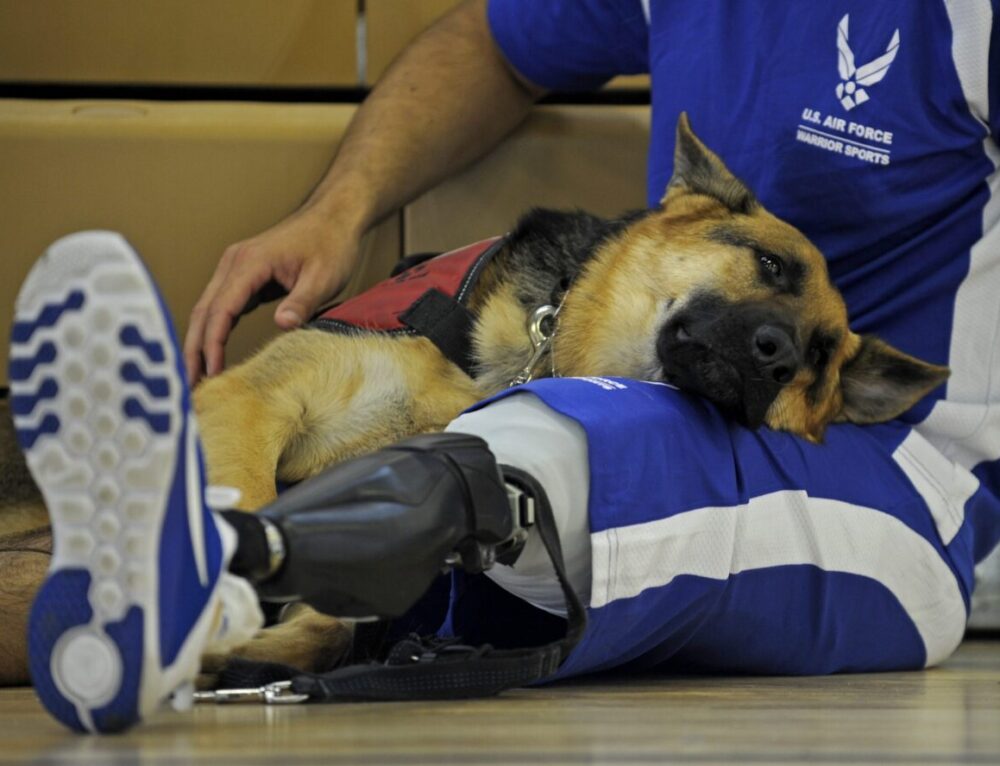The Americans with Disabilities Act (ADA) law has made it possible for potential students with disabilities to crack down on colleges and universities who don’t abide by all facets of the law and ensure all students with disabilities have equal access to the educational opportunities offered.
When people refer to the different “Titles” of ADA, do you know what they mean?
- ADA has five Titles. Title I refers to employment, so every school, college and university has responsibilities under Title I as employers.
- Title II refers to all entities that are governed by boards and receive public funds.
- Title III refers to all privately funded entities.
- Title IV specifically addresses telecommunications.
- Title V refers to several miscellaneous provisions including giving the US Access Board the authority to develop the accessible design guidelines known as “ADAAG”
- Universities, community colleges and vocational schools are generally going to be considered either Title II or Title III, depending on whether they are publicly or privately funded. All schools, public or private, that receive federal funding are also required to comply with Section 504 of the Rehabilitation Act and make all of their programs, services and activities accessible to students with disabilities.
Here are some examples of auxiliary aides that may be required as an accommodation to ensure people with disabilities have an equal opportunity at receiving education.
- Sound amplification system
- Speech to text software
- Accessible testing locations
- Note taking services
- Accessible class registration
- Sign language interpretation
- Course substitutions
In order to ensure equal access is provided to students with disabilities, colleges, universities and vocational schools must provide physical access to buildings, provide aids and services necessary for effective communication, and ensure their websites are fully accessible to people with sensory impairment. Additionally, if a student has a disability and makes a request for an accommodation, an entity may need to modify their policies, practices or procedures to accommodate the needs of the student.
Each facility, path of travel, and program offered is required to be fully compliant with the appropriate sections of the ADA, and each entity is required to develop a Self-Evaluation to review all programs, services and activities offered and a Transition Plan to bring elements within the facilities into compliance over an identified period of time.
If you are an administrator who isn’t sure if your school properly provides accommodations for students with disabilities, or doesn’t have a Transition Plan in place, Accessology can help get you on the right track toward full compliance.





